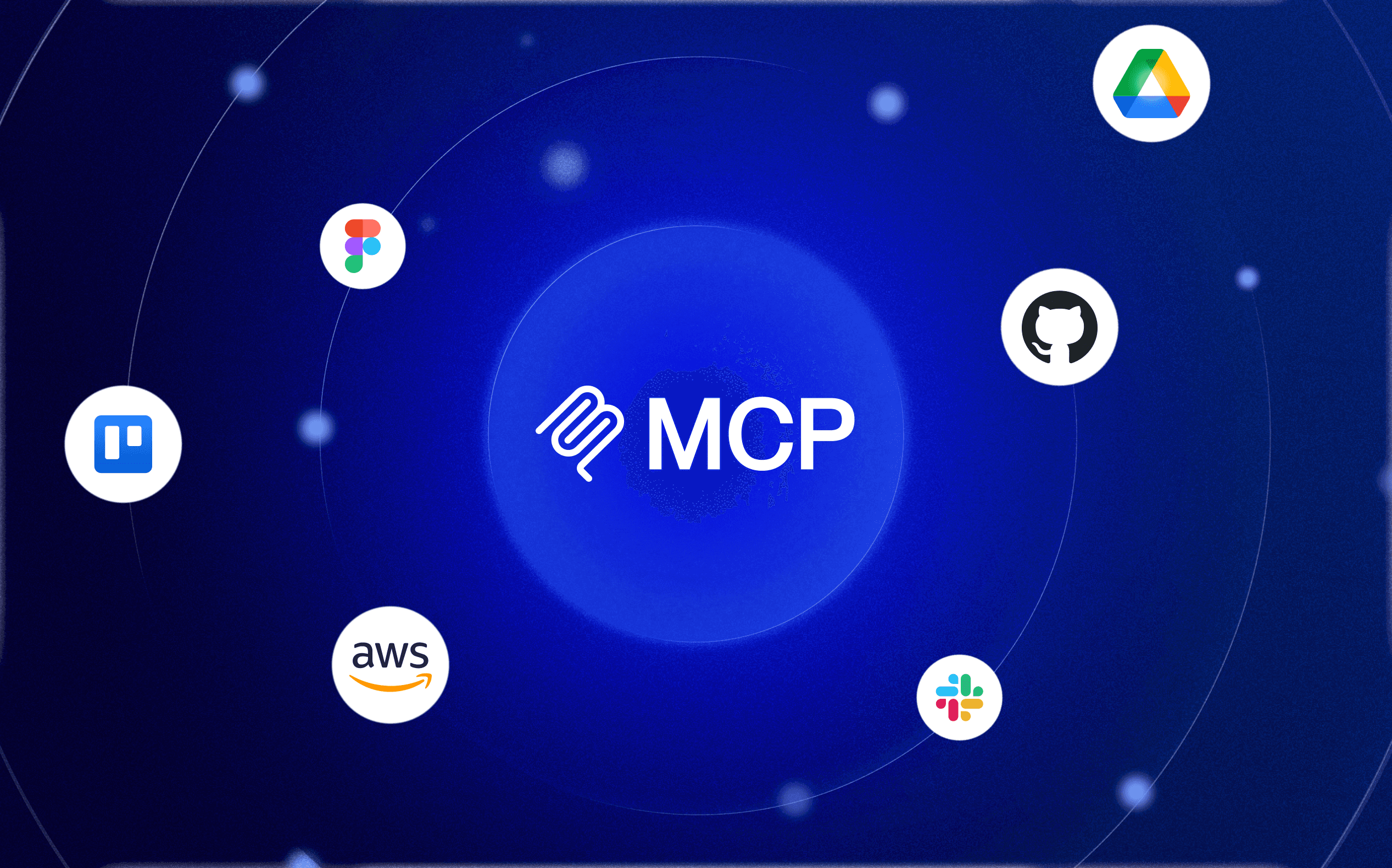Agility: the mechanics of Collective Intelligence

Chess and Intelligences: An Introduction
I enjoy solving chess problems online. My modest skills allow me to reach a difficulty level of 1800. However, surprisingly, every time one of my sons joins me to solve problems together (both my 8 and 10-year-old children are rated around 1200), we reach a level of 1900. As soon as I am alone, my level drops back to 1800. This phenomenon is repeatable and even systematic.
What is Collective Intelligence?
The term often invoked is IQ, or Intelligence Quotient, to statistically predict an individual's success in a mental task. When thinking on the scale of a pair, a team, or a group, one is more inclined to discuss collective intelligence or the "c" factor in predicting a group's success in performing a variety of intellectual tasks.
Surprisingly, the "c" factor has very little dependence on individual IQs.
It wasn't until 2010 that a group of researchers first measured and highlighted the influence of the "c" factor on group success.
Two studies conducted at M.I.T. involving 699 people (gathered in groups of 2 to 5 individuals) helped unveil the primary correlation factors of collective intelligence:
"Social sensitivity" (as measured by the "Reading the Mind in the Eyes" test).
Equal speaking time: the ability for everyone to contribute "in turn."
The proportion of women in the group.
I like to interpret the last factor (the proportion of women) as representing diversity within the group, a concept dear to Jurgen Appelo, who has incorporated it as one of the five drivers of innovation in his excellent book, "Management 3.0" (it is also likely that, in American culture, women carry a larger portion of "social sensitivity").
In reality, it might be Richard Feynman, Nobel laureate in 1965 and brilliant physics professor, who best encapsulates collective intelligence when he told his students that he would "willingly trade 10 IQ points for another perspective."
“The secret of collective intelligence might be summarized as follows: the ability to multiply perspectives on the same subject.”
Agility and Collective Intelligence
When one fully grasps the significance of developing and optimizing collective intelligence within a team, it's only natural that attention turns towards facilitators (such as Scrum Masters, coaches, leaders, etc.). Their daily mission should revolve around creating a working environment that unleashes the full potential of collective intelligence:
Fostering Diversity
Introducing diversity into your teams may take time and possibly necessitate changes in your corporate culture. The neurobiologist Pierre-Marie Lledo (CNRS) explains that "what matters is the diversity of social sensitivities, expertise, and backgrounds" of individuals. Yet, we all may suffer from the scarab syndrome, which pushes us to recruit only those who resemble us. However, for the purpose of optimizing collective intelligence, it is crucial to seek diversity.
Some startups believe that assembling the best engineers they can find will enable them to create their dream team. However, this mistake often proves fatal: without diversity, egos become the sole differentiating factor. The best engineers do not always make the best teams!
Nurturing Benevolence
There is no collective intelligence without benevolence.
When my children solve chess problems together, their rating typically drops from 1200 to 1000 or even lower. At the first mistake made by the duo, accusations fly: "You should never have played that move!", "You're messing everything up," "I shouldn't have listened to you." In the end, each is afraid to make the slightest move on the chessboard for fear of disappointing and further fueling the conflict.
That's why a benevolent environment is crucial. Team members must be able to express the most radical, original, naive, and different ideas without fearing judgment. It is often the case that a bad idea inspires a brilliant one because it allows for a different perspective and viewpoint on the problem.
Think back to one of those meetings where you made every effort to appear competent and intelligent with each of your contributions, all the while remaining silent when you had doubts. Your best ideas probably didn't originate from one of those meetings.
Listening to Everyone, with Equal Speaking Time
Every team comprises extroverts, introverts, charismatic individuals, and the reserved. Should we, therefore, make decisions based on the opinion of the person with the most eloquence or the most charisma? Absolutely not!
The team facilitator should, on one hand, ensure equal speaking time but also gather the opinions of those who seldom speak up. It's worth noting that this role becomes more challenging if the facilitator himself does not feel valued within an atmosphere of trust. They might feel the need to assert themselves to establish their legitimacy, at the expense of the team's speaking time.
It is up to their colleagues to place their trust in them and to give less importance to their own contributions than to the success of their teams.
It is through this balance within the organization that collective intelligence can fully realize its potential.
---
If you want to foster collective intelligence on a daily basis among your teams, you may be interested by our dedicated solution Skillagora : www.skillagora.com


